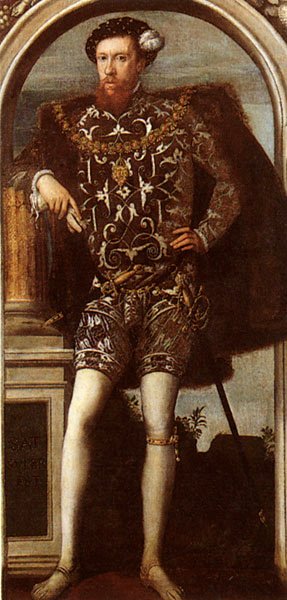One great advantage of living in our day in age is the unparalleled access we have to knowledge, particularly the knowledge of what past humans have written or said. To be able to glimpse into the thoughts of people who have been deceased for decades, centuries or even millennia is a fact of modern life that we all to readily take for granted. Taking the time to read the reflections of these people can give us better understanding of our past, present and even our future. This particular piece is by Henry Howard who lived from 1516 to 1547 and was a member of Henry VIII's court. A soldier and brash man, Henry Howard was made an Earl and accompanied his first cousin Anne Boleyn (on of the king's several wives) when she lived at the king's court. He certainly lived in a turbulent time in England's history, and ended up beheaded by the king on a charge of treason. The circumstances of this man's life lends even more depth to his poetry, in my opinion, which is why I am sharing it with you. I can imagine him inking this poem onto a parchment late at night after a long and stressful period of political maneuvering: entertaining royalty and traveling diplomats, perhaps wondering if there was a way to escape his current situation and live his days as something or someone else.
Anyways, here it is: enjoy and reflect.
The Means to Attain a Happy Life
My friend, the things that do attain
The happy life be these, I find:
The riches left, not got with pain;
The fruitful ground; the quiet mind;
The equal friend; no grudge; no strife
No charge of rule, nor governance;
Without disease, the healthy life;
The household of continuance;
The mean diet, no dainty fare;
Wisdom joined with simpleness;
The night discharged of all care,
Where wine the wit may not oppress:
The faithful wife, without debate;
Such sleeps as may beguile the night;
Content thyself with thine estate,
Neither wish death, nor fear his might.
Henry Howard, Earl of Surrey 1516-1547

picture from Tudorhistory.org